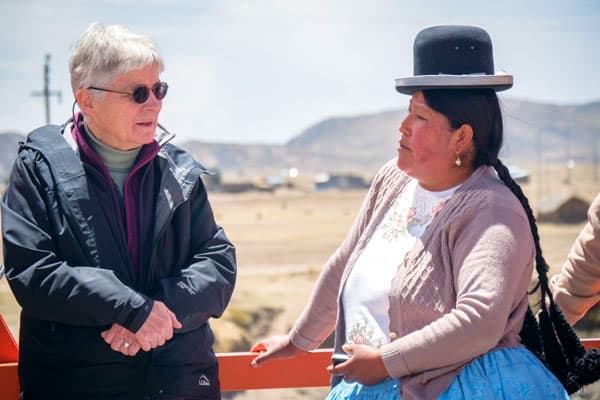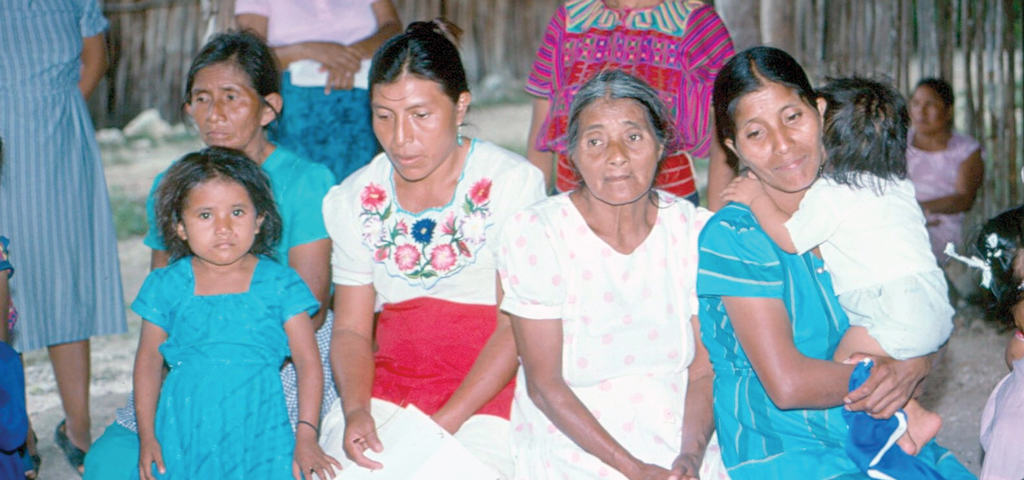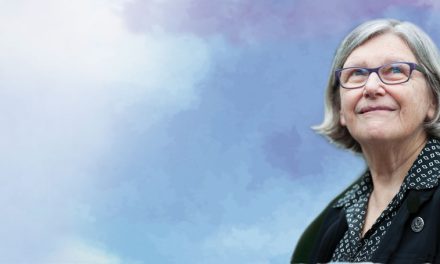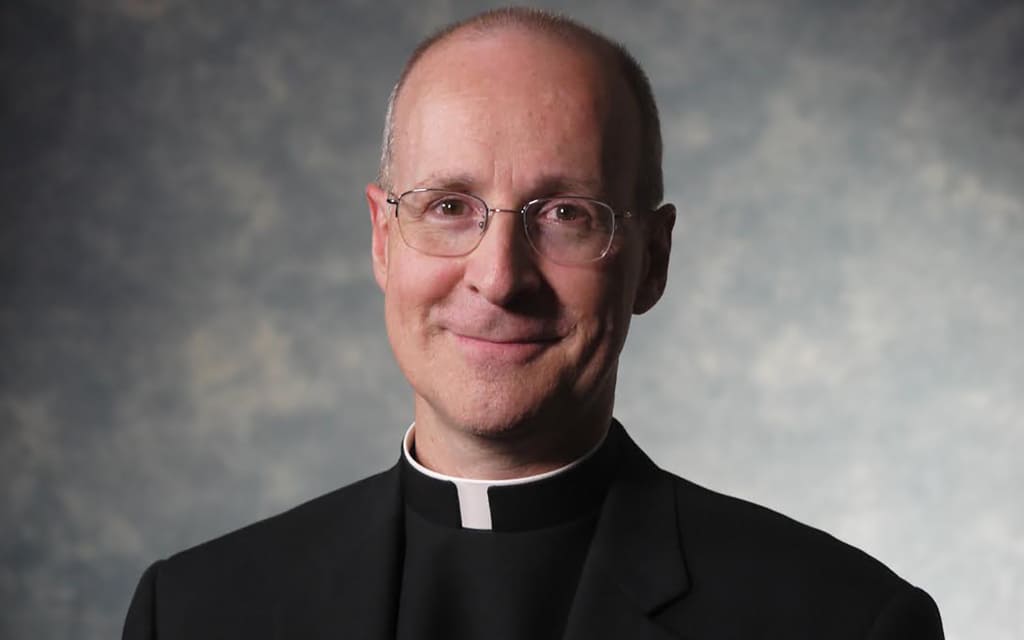A Call for Ecological Conversion
 Last year Pope Francis issued his historic encyclical Laudato Si’, expanding the scope of Catholic social teaching to include the field of ecology. While much attention was focused on whether the pope would recognize the human impact on climate change (he did), the document did much more, laying out a framework of concern “for our common home,” and challenging old conceptions that would treat the earth as simply a resource to be exploited. As he explained, such outmoded ways of thinking, rooted in some cases in a misreading of Scripture, threaten the delicate fabric that sustains our very existence.
Last year Pope Francis issued his historic encyclical Laudato Si’, expanding the scope of Catholic social teaching to include the field of ecology. While much attention was focused on whether the pope would recognize the human impact on climate change (he did), the document did much more, laying out a framework of concern “for our common home,” and challenging old conceptions that would treat the earth as simply a resource to be exploited. As he explained, such outmoded ways of thinking, rooted in some cases in a misreading of Scripture, threaten the delicate fabric that sustains our very existence.
Orbis Books has now published a new collection of writings by Pope Francis, Care for Creation: A Call for Ecological Conversion. Drawing from his extensive writings, speeches and homilies, it lays out the comprehensive vision behind Laudato Si’. As Francis shows, concern for the earth is more than an ethical challenge.
It calls for a profound conversion of values: a new understanding of our relation to God’s Creation, both the earth and its creatures and our fellow human beings, especially the poor, who are the first victims of environmental degradation. Here, along with warnings about abuse of the environment, are prophetic words about the “globalization of indifference,” the “idolatry of money,” and what it means to construct a “culture of integral ecology.”
Among the brief readings are many of the pope’s most striking statements on social concerns. From his apostolic exhortation The Joy of the Gospel, we read: “Just as the commandment ‘Thou shalt not kill’ sets a clear limit in order to safeguard the value of human life, today we also have to say ‘thou shalt not’ to an economy of exclusion and inequality. Such an economy kills.” There are his moving words on the island of Lampedusa, a way station for refugees crossing the Mediterranean, including many who perish at sea: “‘Where is your brother?’ Who is responsible for this blood? Today no one in our world feels responsible. . . . In this globalized world, we have fallen into globalized indifference. We have become used to the suffering of others: it doesn’t affect me; it doesn’t concern me; it’s none of my business.”
In place of such a culture, Pope Francis lays out a different vision: a culture of care and interdependence that fashions bridges instead of walls.
This is a culture of “integral ecology”: “Because everything is related, we need one another. If politics is dominated by financial speculation, or if the economy is ruled solely by a technocratic and utilitarian paradigm concerned with maximum production, we will not grasp, much less resolve, the great problems of humanity.”
He issues a moving appeal to Christians, “as disciples of the good news,” to help ennoble and inspire others to live together as one, to practice the virtues of solidarity, hope and concern for the common good—which now must be understood to include our common home. This conversion is nothing less than “a revolution of tenderness.”
In these short readings, Pope Francis lays out a new vision for Christians in the world. But it is not simply a social manifesto. It is a profoundly spiritual vision. The meditations collected here outline a path of Christian discipleship. They are indeed a call to conversion especially suited to the challenges of our time, and the needs of our brothers and sisters.




